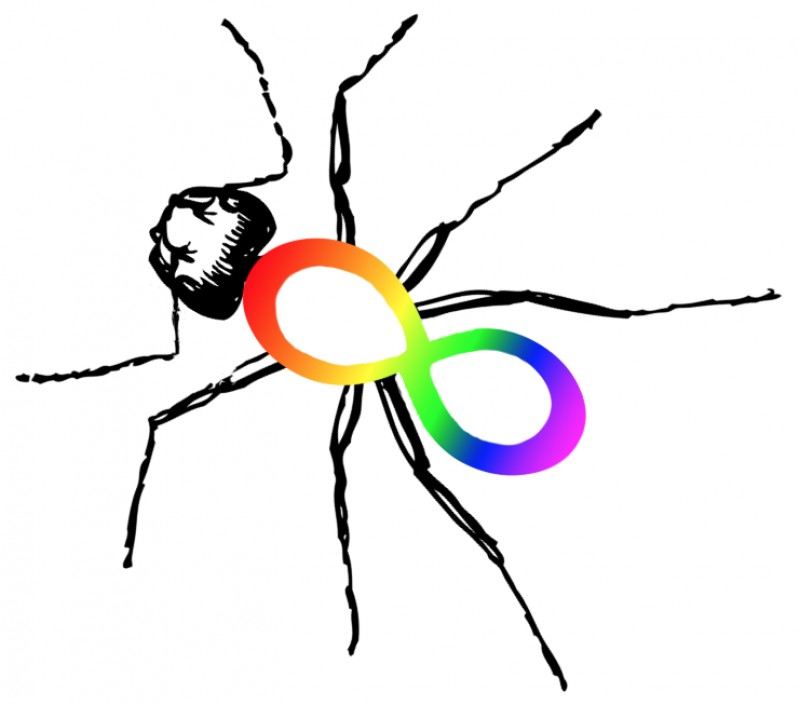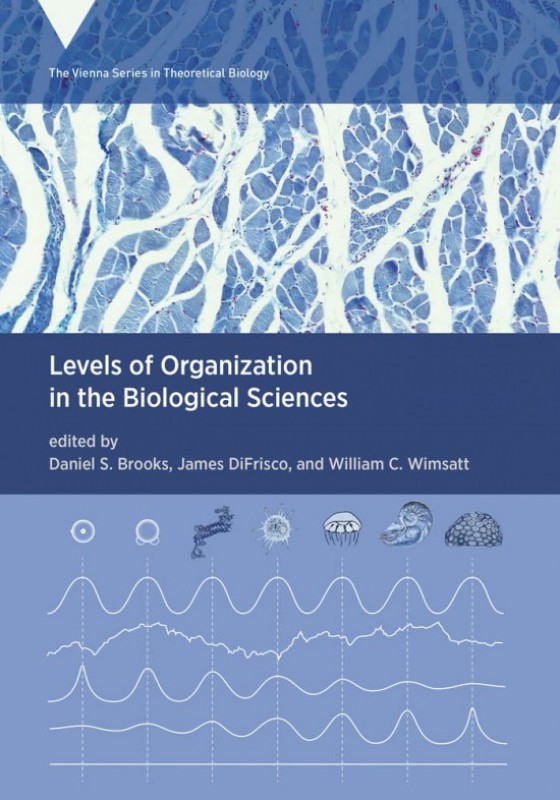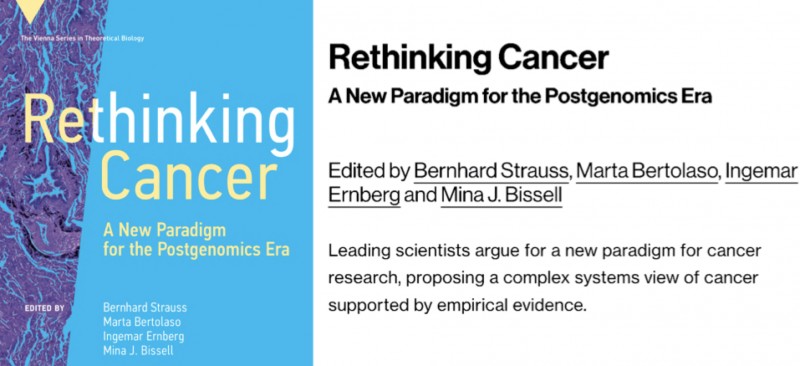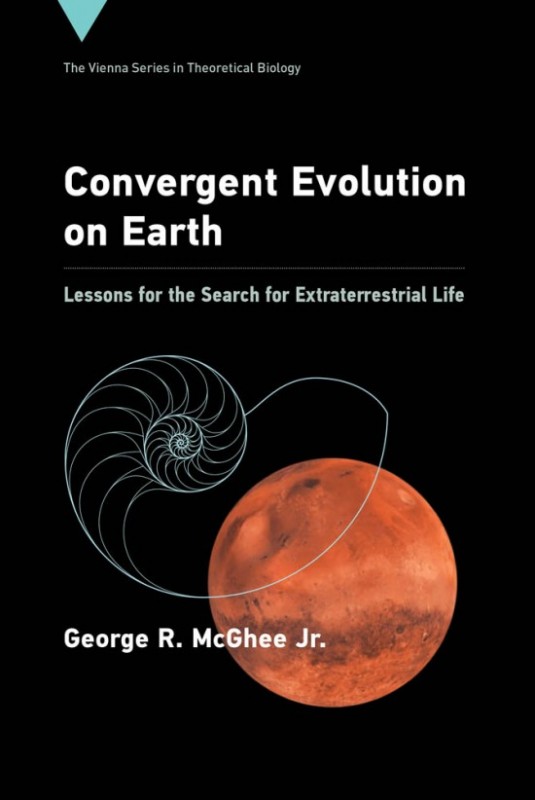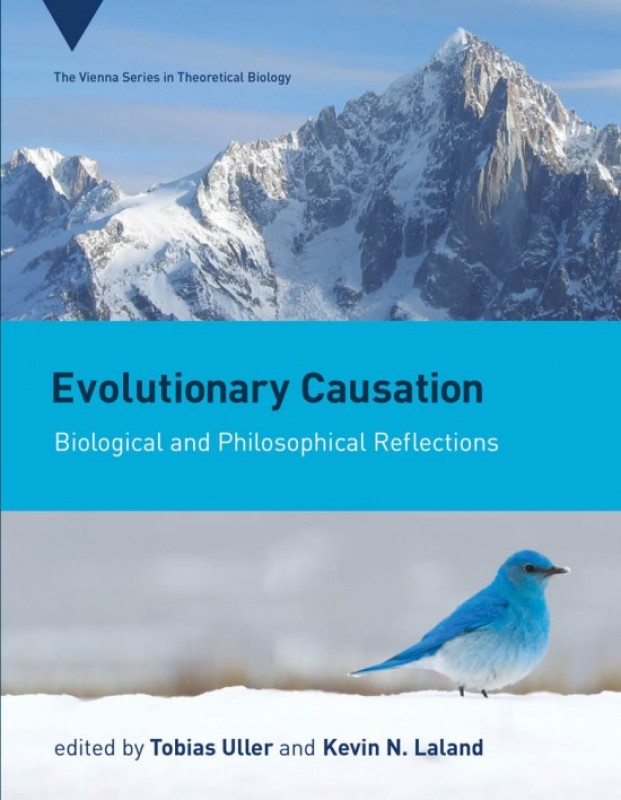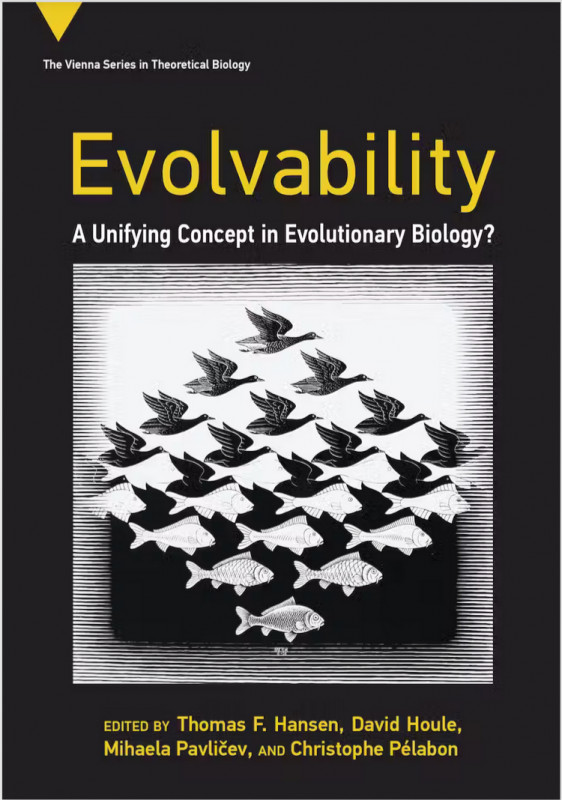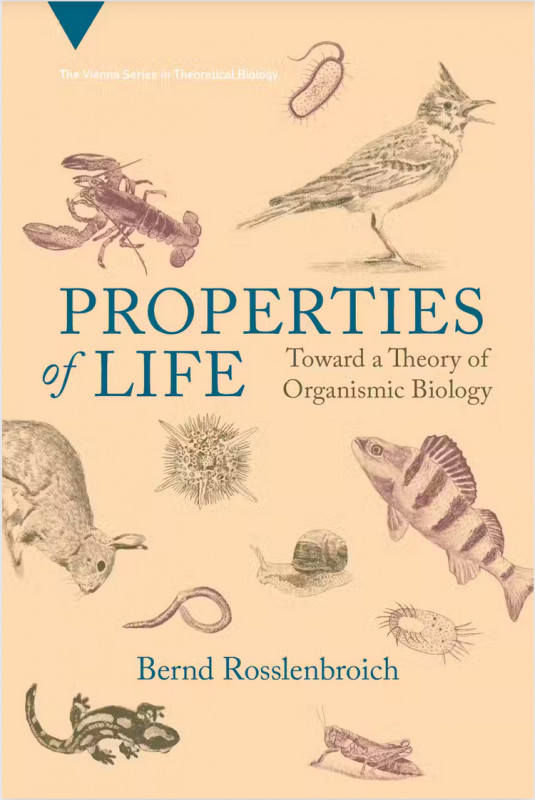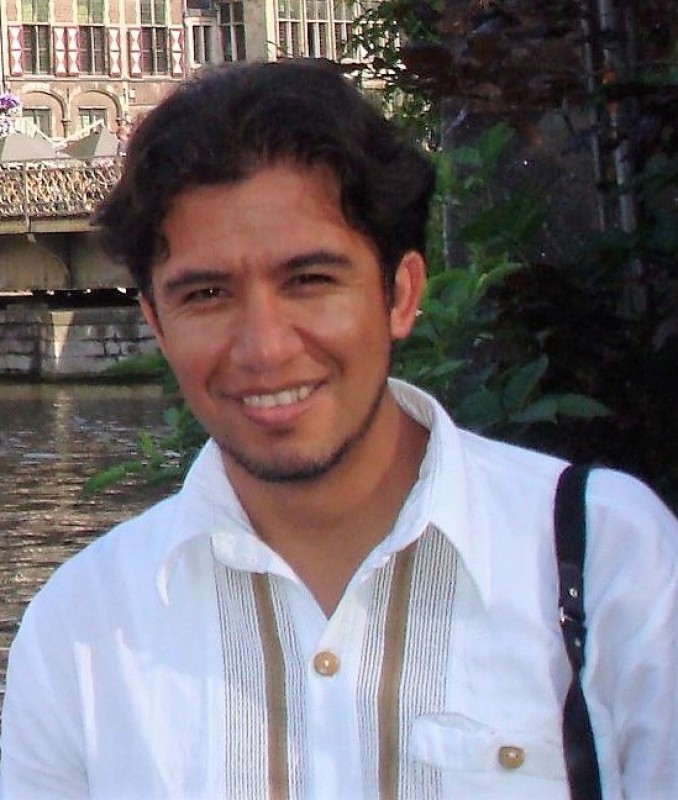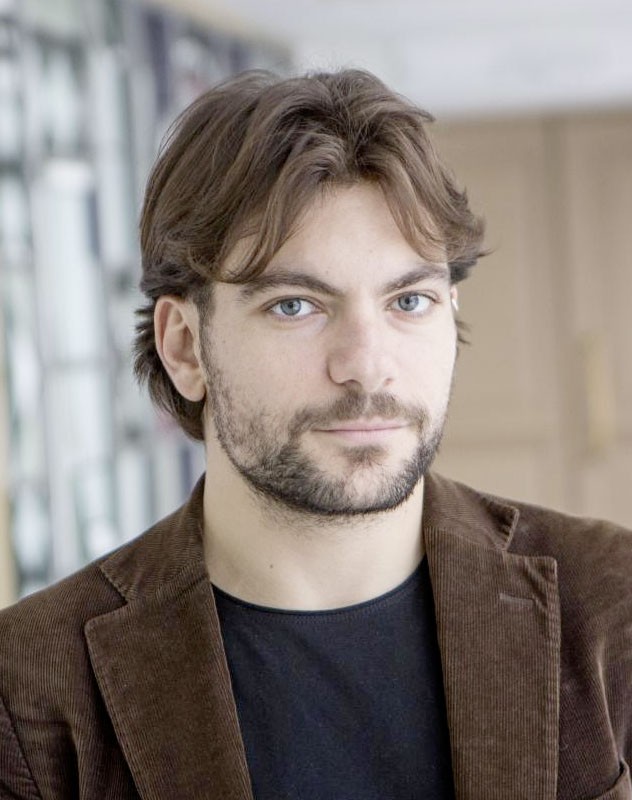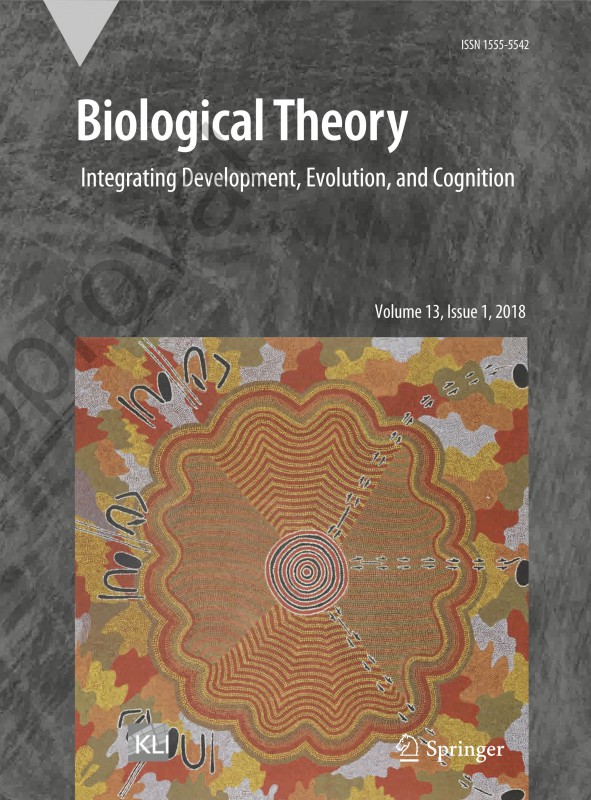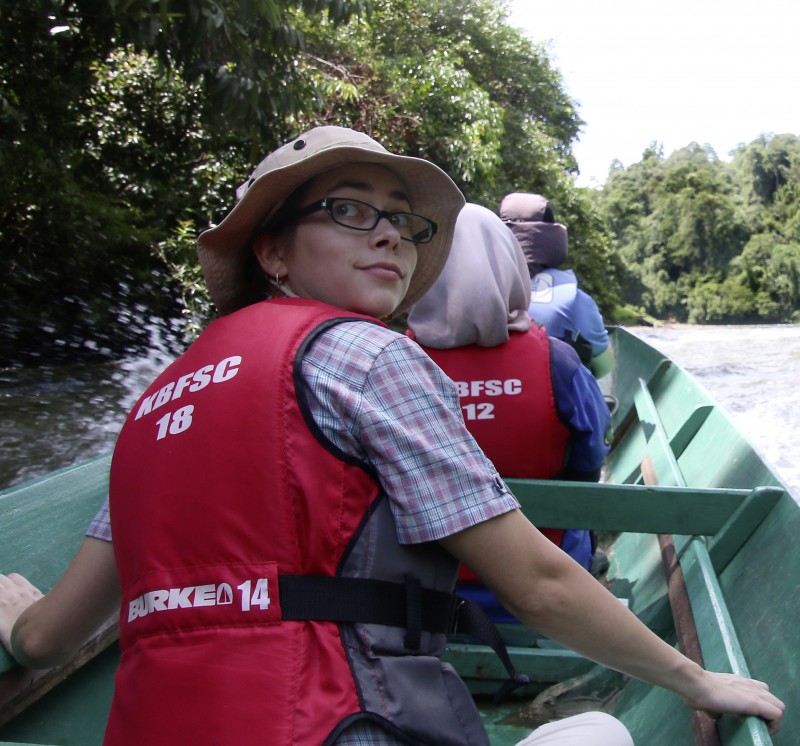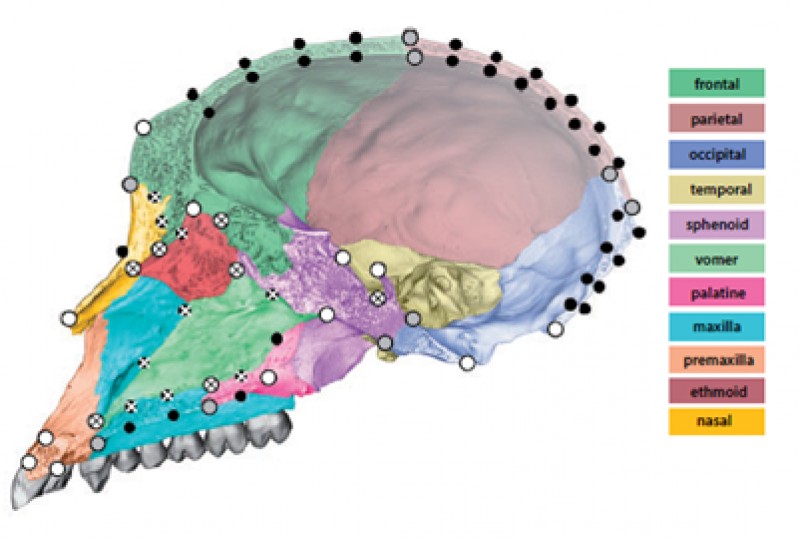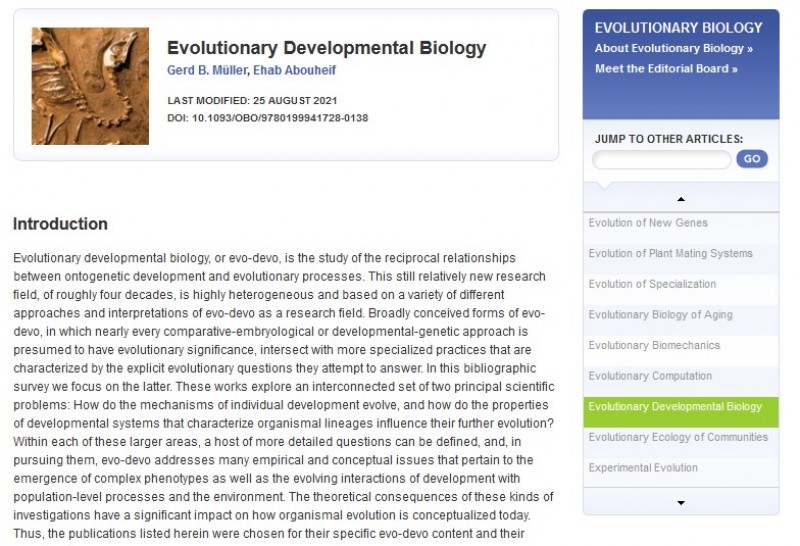News
2021-10-04
Neurodiversity and anthropomorphism in social insect research
Alice Laciny's new fellowship explores how the perceptions and approaches of neurodivergent researchers come into play within social insect research.
2021-09-01
New book in Vienna Series in Theoretical Biology: Levels of Organization in the Biological Sciences
Edited by Daniel S. Brooks, James DiFrisco, and William C. Wimsatt, the new book examines a core structural principle in the biological sciences- the nature and significance of levels of organization.
2021-04-26
New book in Vienna Series in Theoretical Biology: Rethinking Cancer
Leading scientists argue for a new paradigm for cancer research, proposing a complex systems view of cancer supported by empirical evidence.
2019-10-09
New book of the Vienna Series in Theoretical Biology
'Convergent Evolution on Earth. Lessons for the Search for Extraterrestrial Life' by George R McGhee Jr.
An analysis of patterns of convergent evolution on Earth that suggests where we might look for similar convergent forms on other planets.
2019-10-09
New book of the Vienna Series in Theoretical Biology
'Evolutionary Causation' edited by Tobias Uller & Kevin N. Laland.
A comprehensive treatment of the concept of causation in evolutionary biology that makes clear its central role in both historical and contemporary debates.
2023-08-24
New book: Evolution „On Purpose”: Teleonomy in Living Systems
The new addition to the Vienna Series in Theoretical Biology from the MIT Press is a unique exploration of teleonomy- "evolved purposiveness"- as a major influence in evolution.
2023-07-18
New book: Evolvability: A Unifying Concept in Evolutionary Biology?
The latest addition to the Vienna Series in Theoretical Biology from the MIT Press.
2023-09-21
New Book: Properties of Life: Toward a Theory of Organismic Biology
The new addition to the Vienna Series in Theoretical Biology from the MIT Press is a coherent and comprehensive theory of life that synthesizes the specific properties of living organisms.
2022-02-05
New book: The Convergent Evolution of Agriculture in Humans and Insects
A new addition to the Vienna Series in Theoretical Biology at The MIT Press
2021-01-18
New fellow at the KLI: Luis Alejandro Villanueva Hernández
Welcoming Alejandro back as a postdoc fellow!
2019-09-01
New Ideas on the Emergence and Evolution of Life
KLI Colloquium: Roberto Cazzolla Gatti (Tomsk State University), 3 September, 5.00 pm
2023-11-01
New interdisciplinary project: Climate adaption strategies across the EU horizon
Several KLI fellows have come together in summer 2023 to work on an interdisciplinary project on climate adaption strategies funded by the Social Science & Humanities for Climate, Energy and Transport Research Excellence (SSH Centre).
2018-02-13
New Issue of Biological Theory (including Thematic Section on `Function and Malfunction´)
Biological Theory Issue 13:1 is online now. Enjoy the introduction to the thematic section / guest editorial ...
2019-03-07
New junior visiting fellow Lorenzo DEL SAVIO (University of Munich)
We welcome Lorenzo DEL SAVIO (University of Munich) to the KLI who will work on his project "Are Humans Self-domesticated Animals?"
2019-02-14
New KLI Fellow Alice LACINY
We welcome our new postdoctoral fellow Alice LACINY who will work on the project "Eco-Evo-Devo in Action: Parasite-Induced Morphologies in Ants."
2019-01-31
New KLI Fellow Gregory RUPIK
We welcome our new writing-up fellow Gregory RUPIK (University of Toronto) who will work on the project "Organismal Agency in Romantic Biology and Today."
2021-03-01
New morphometric methods to break down organismal shape into adaptive and neutrally evolving components improve phylogenetic reconstruction
A group around KLI fellow Nicole Grunstra and Philipp Mitteroecker developed new methods to reconstruct phylogenetic relationships from morphology.
2021-09-01
New Oxford Bibliography entry on Evolutionary Developmental Biology
Gerd B. Müller and Ehab Abouheif's new entry on evo-devo offers an introduction to characteristic themes and highlights selected papers that address crucial conceptual aspects.


